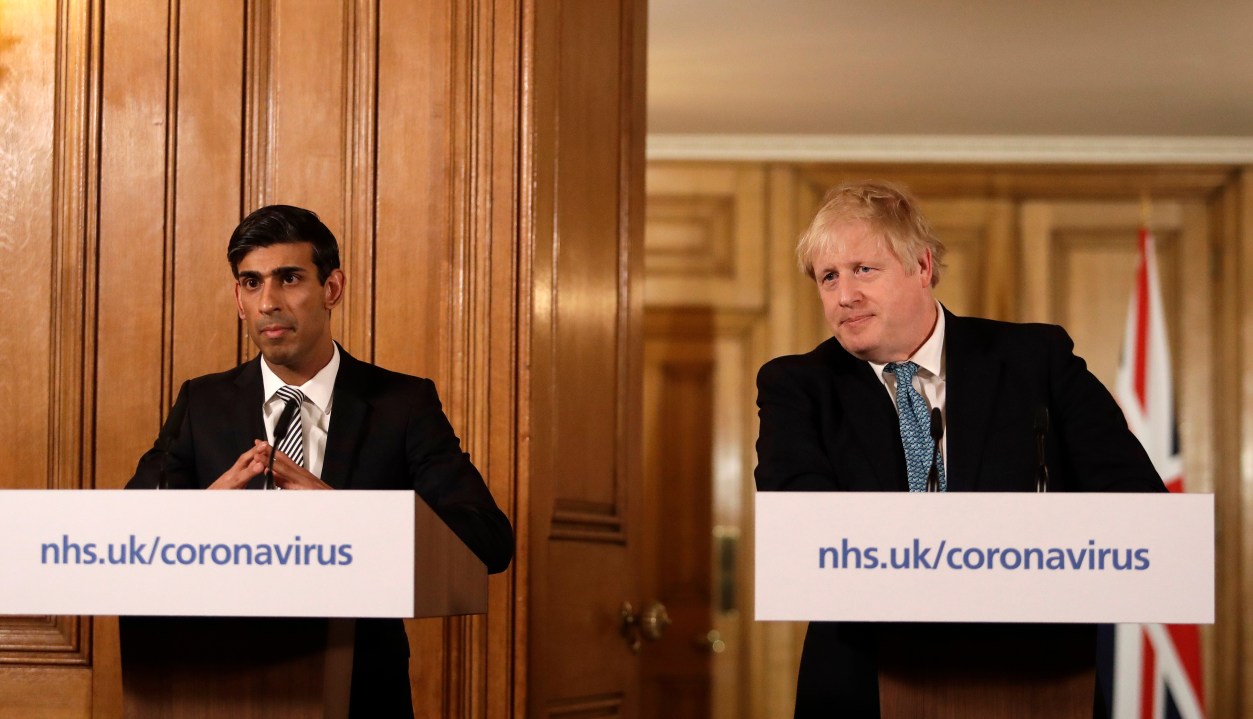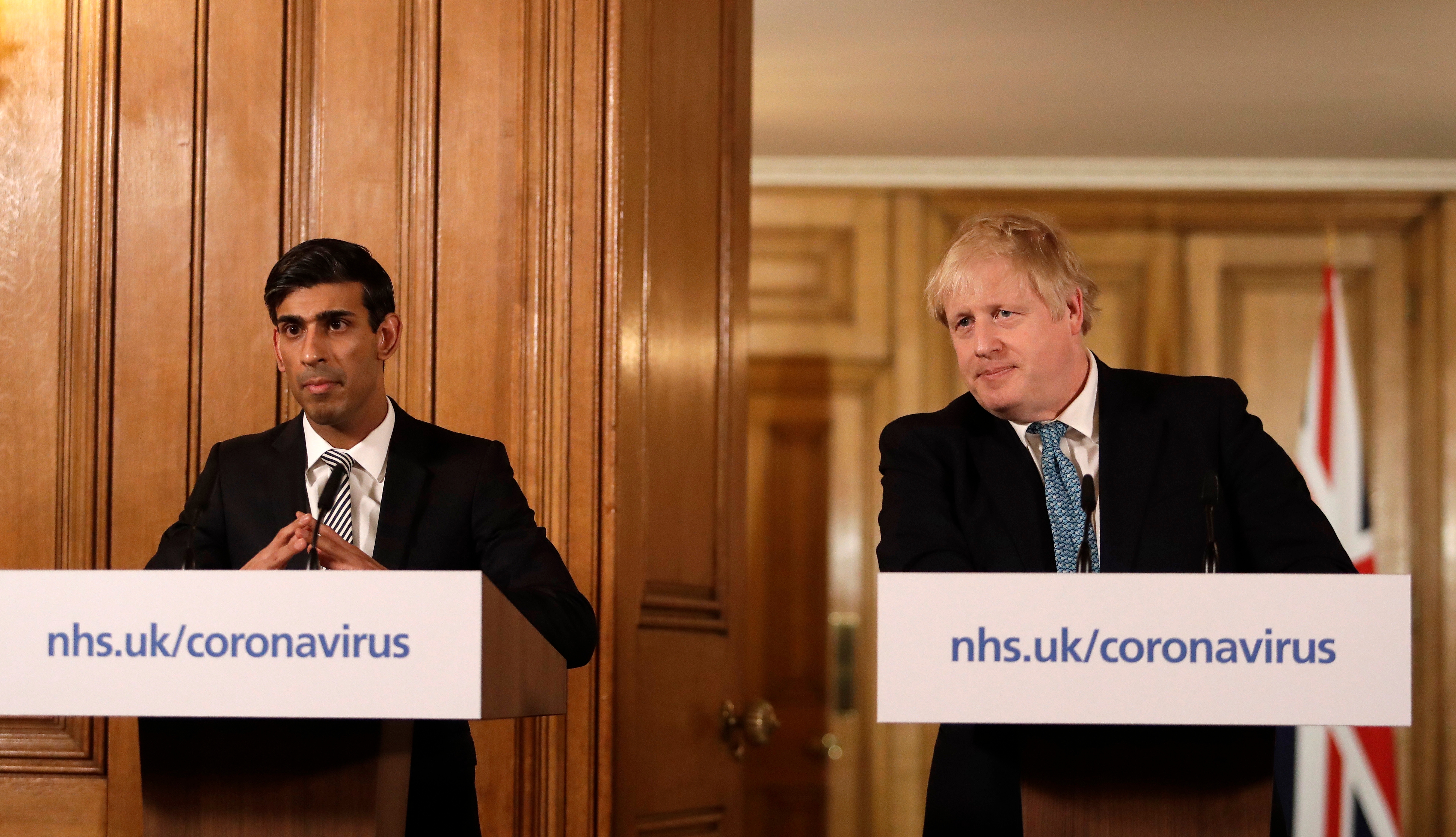Last week’s £12 billion stimulus package to tackle the health and economic consequences of Covid-19 now seems like a drop in the ocean compared to Rishi Sunak’s announcement this evening: an astonishing £330 billion package of guarantees for business loans, up to £20 billion worth of tax cuts and grants for small and medium size businesses to stay afloat. As well: a year of full business rate relief for all companies in retail, hospitality and leisure sectors. And, he says, this is only the beginning.
The Chancellor needed to indicate to business (and markets) that this Government is serious about keeping the economy going. But this isn’t a crash: this is a pandemic, a worldwide health emergency whose (many) symptoms include government closure of certain parts of the economy. This can’t be remedied by a stimulus. Recessions are usually handled by pumping cash into the economy, encouraging people to go out and spend money. But as Cato economist Ryan Bourne noted earlier today, that would be exactly the wrong approach this time round: no amount of QE will put crowds back into theatres. Nor should that be the goal – yet. Such a stimulus would directly conflict with the UK’s public health advice, designed to stop the rapid spread of Covid-19, which includes working from home, avoiding restaurants and pubs and keeping socialising to a minimum.
The Chancellor’s measures are designed to alleviate fear – not to revive the market.
So Sunak had to come up with schemes that would limit the longer-term damage: keep otherwise-viable business afloat until economic activity can return to normal. Rather than targeting customers, the Chancellor targeted his stimulus straight at business owners. The whopping £330 billion package allows them to borrow from the Government with no interest – a generous offer on the surface, but with interest rates at rock bottom, the Government can afford to be generous (at least for a short while). If closed offices need to keep paying cleaners (as The Spectator is doing) or restaurants want to keep chefs on their payroll, they’ll be given a helping hand in the form of a zero-interest loan.
And it’s not necessarily a huge subsidy in the long run: these loans are to be paid back by the businesses who take them out. Only businesses that inevitably default on their share of the loan will be shifting their financial burden onto the taxpayer. That’s not true of the £20 billion for tax cuts and grants to help small and medium sized businesses with their rent payments. This will be a sunk cost – but an important one to keep doors open for the foreseeable future.
These measures may be necessary – but they are truly unprecedented in recent years. To put things in perspective, the loan package alone is more than double the 2008 bailout. All of this cash will add to the £40 billion deficit we’re already racking up each year, despite a decade of austerity measures. If there’s any time to spend and borrow big, it’s when your country is suffering from an infectious pandemic – but it serves as a reminder all the same that ‘fixing the roof while the sun is still shining’ should perhaps be treated as more than a catch-phrase.
Sunak opened his remarks today noting that ‘this is not a time for ideology or orthodoxy’ – and he’s certainly taking his own advice. This emergency budget is an explosion of spending and additional borrowing that could have never been predicted to come from a Conservative government when they won the last election. But these are not normal times, nor is this a normal economic downturn. People have not lost faith in the function of private business or the market or even the banks, but are concerned for their safety when they go about their daily activity. The Chancellor’s measures are designed to alleviate fear – not to revive the market. Fear is sky-high – so the budget is too.








Comments